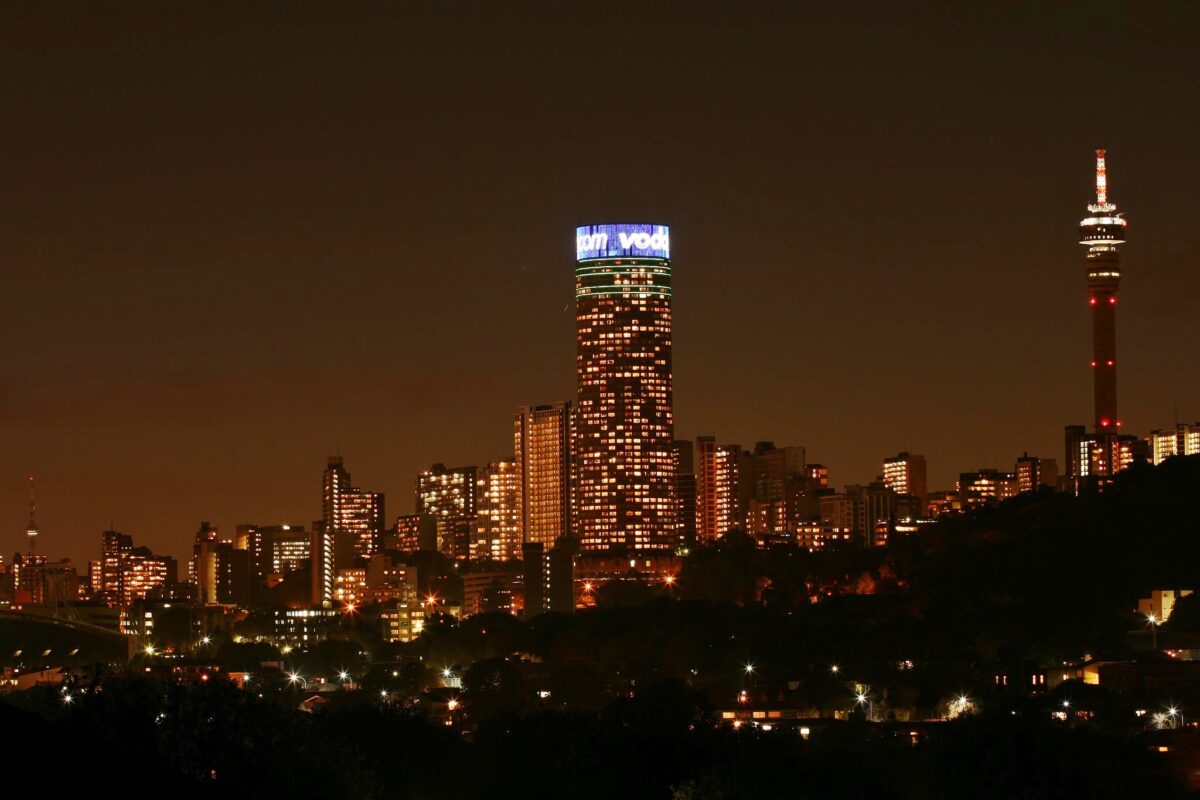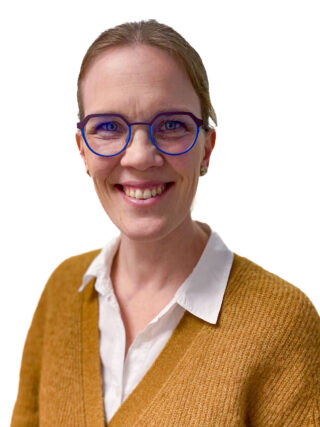Liberative theological knowledge in South Africa: Can we find a sweet spot between academia and the community?

Liberation theologies give epistemological privilege to the marginalized: the marginalized are the people whose questions these theologies claim to respond to. However, it often seems that the academic theologian decides what is accepted as liberative knowledge, at least within the academic conversations. This text proposes ethnographic methodologies as one way to appreciate the liberative knowledge(s) that lie outside the walls of academia and bring them into academia to correct and challenge this conversation.
What counts as liberation theological knowledge? Who possesses and produces liberation theological knowledge? I ask these questions in the context of South African liberation theological debates. I problematize a setup where the academic liberation theologian often gets to decide what will be accepted as liberationist knowledge and what will not, not least because of the way the publication business works. While the solution is not to forego all criteria – developed over decades – or to throw the liberation theologian out with the bath water, it appears to be crucial to think afresh of how social-scientific methodological tools allow us to make space for understanding “liberation” in multiple ways in today’s contexts.
Knowledge from the margins and the powerful theologian
Theologies from across different South African liberationist schools of thought, from Black to African women’s theologies, stem from the epistemological break that decades ago separated liberation theologies globally from the mainstream Western theologies of the time: if we want to know God, or God’s will in human communities, we need to look at the world – indeed, to know the world – from the margins, from within places, spaces, and communities that lack power in the increasingly complex societal power matrix.
It appears then that not everyone marginalized by the system is a fruitful dialogue partner for a liberation theologian.
However, as Gerald West has articulated with reference to liberation hermeneutics – drawing not only on the South African conversation but the broader liberationist discourse – the consensus on the epistemological break ends here. For some, the epistemological break means in practice that the theologian needs to equip her/him/themself with a social-scientific understanding of structural violence and choose those lenses for their theologizing. For others, this alone is not enough. The theologian is also expected to listen to people in actual grassroots communities and take their contextual knowledge about society seriously. West also includes a third group that would argue that this is not enough either; additionally, the theologian needs to engage with how people themselves in marginalized communities know the Bible, namely, take their theological knowledge (here limited to the Bible due to the focus of West’s article) seriously as well.
Often those who belong to the last two groups – that opt to listen to the knowledge of human beings in marginalized communities – will still choose the relevant grassroots communities quite selectively, explicitly or implicitly: it is often the “organized” poor who count in the search for liberationist knowledge. It appears then that not everyone marginalized by the system is a fruitful dialogue partner for a liberation theologian.
Fruitful tension between the knowledge of the community and the theologian as an ideal
In short, and crudely put, as I have argued elsewhere, liberation theological epistemological positions, at least within the South African conversation, can be thought of on a continuum, where at one end the theologian is called to conscientize the marginalized (the theologian possesses liberationist knowledge) and at the other end the opposite is the case (the marginalized possess liberationist knowledge).

However, this binary simplifies a complex reality and the layered debate: if we do not choose any one of the ends of the continuum over the other but embrace the tension, that in and of itself offers a fruitful point of departure for embracing the complexity of liberationist theological epistemology. This is in line with Sarojini Nadar’s argument that neither overemphasizing “community knowledge” to the point of romanticizing it nor giving the theologian all the power to call the shots is helpful. Rather then, a messy departure point, between the theologian and the community, can serve as a space for theologizing that is open-ended but not relativistic. But will the power to decide what counts still not too easily remain in the hands of the theologian?
Ethnographic methods bringing the people to the table of knowledge
I want to make a further point that is directly linked to this tension. In a research project[1] that I am currently leading jointly with Siphiwe Dube, we aim to bring this tension to light in the ecclesiological context by asking two questions. How, if at all, do leaders and members of select Christian churches construct and embody revolutionary theologies, both as members of faith communities and as citizens/residents? And how, based on the findings, should liberation theologies be taught in universities, colleges, and seminaries in South Africa? In other words, we want to take the conversation on who has liberationist theological knowledge one step further, in order to gauge whether academia should be given the power to pre-define “liberation” at all – as we would argue is the current status of much of the academic liberation theological conversation.
We do not suggest that everything is or can be liberation or that the standards for justice and transformation should be watered down. However, we do suggest that some 50 years into the South African liberationist theological tradition – which was first sparked by the struggle against apartheid – and 30 years into democracy, there is a need to rethink what counts as liberation theological knowledge, especially (and importantly so) for the sake of theological education that prepares ministers for the current context.
Parallel to our research project that focuses on the Christian context, Aaishah Lombard is working on a doctoral research project in which she explores a similar dynamic in the context of Islamic liberation theology in South Africa. As a traditional religious leader in her own community, Lombard is at once both deeply moved by liberation theological perspectives and by asking questions of where and how the community – both the faith community and the marginalized – and their ways of being and doing count when thinking of liberation in the conservative Muslim community of Lenasia, Johannesburg.
In this search for a recalibrated balance between the knowledge of the liberation theologian and that of the marginalized, on the one hand, and the faith community, on the other, ethnographic research methods provide in both the above projects the tools to begin to make sense of the epistemological tensions and messiness. There is nothing new in reaching out to the social sciences to find suitable tools for liberation theologians, but ethnographic field research is not one of the tools yet widely used in the South African liberation theological search for truth.
Kirjoittaja
References
Elina Hankela, Liberating the classroom: Ethnographic elements in liberation theologies curricula. Teach Theol. Relig., 2020, 23: 84–95.
Sarojini Nadar, Beyond the “ordinary reader” and the “invisible intellectual”: Shifting contextual bible study from liberation discourse to liberation pedagogy. Old Testament Essays, 2009, 22(2): 384–403.
Gerald West, Locating ‘contextual bible study’ within biblical liberation hermeneutics and intercultural biblical hermeneutics. HTS Teologiese Studies/Theological Studies, 2014, 70(1): a2641.
[1] The project is titled The Emancipatory Future of Liberation Theologies and funded by the National Research Foundation for 2023-2025 (REF: CSRP2204264804).

